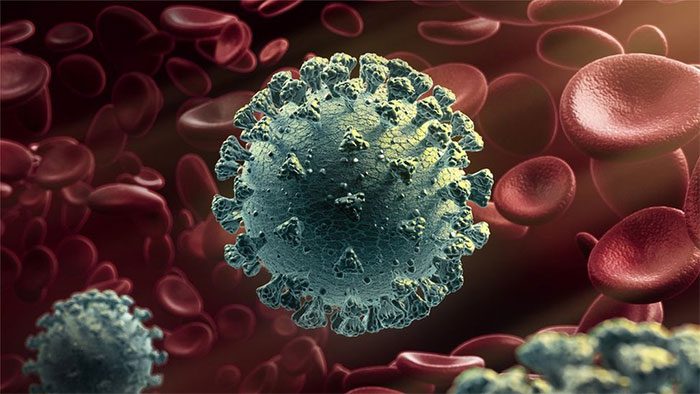According to Professor Dang Duc Anh, the newly discovered mutation requires further monitoring and research.
In an interview on the afternoon of May 30, Professor Dang Duc Anh, Director of the Central Institute of Hygiene and Epidemiology (Hanoi), stated that Vietnam has recently identified a new mutation of nCoV in 4 out of 32 samples.

The mutation may also be one of the factors leading to faster transmission.
According to Professor Duc Anh, Indian strains spread faster than previous virus strains. The mutation may also be one of the factors leading to faster transmission. Clinically, the mutated virus causes more severe conditions compared to individuals infected with the older strain.
However, the current data on B.1.617.2 on GISAID has not recorded the loss of mutation Y144.
“Vietnam has identified this mutation; however, the number of samples is still limited, so the institute will continue to research and monitor further,” Professor Duc Anh noted.
The newly discovered mutation from the aforementioned 4 samples is Y144 on the S protein of the B.1.617.2 virus (first identified in India). This mutation is similar to the mutation found in the B.1.1.7 variant (first identified in the UK). This is the first time Vietnam has detected a variant with such a mutation.
During the government meeting on the morning of May 29, Minister of Health Nguyen Thanh Long reported that the prevalent virus in Vietnam is the Indian strain, which has shown signs of increased transmissibility and more severe illness compared to previous outbreaks.
GISAID is a continuously updated map of SARS-CoV-2 gene sequencing results, maintained by scientists worldwide. This map is referenced by scientists in various countries to closely monitor the changes of SARS-CoV-2.


















































